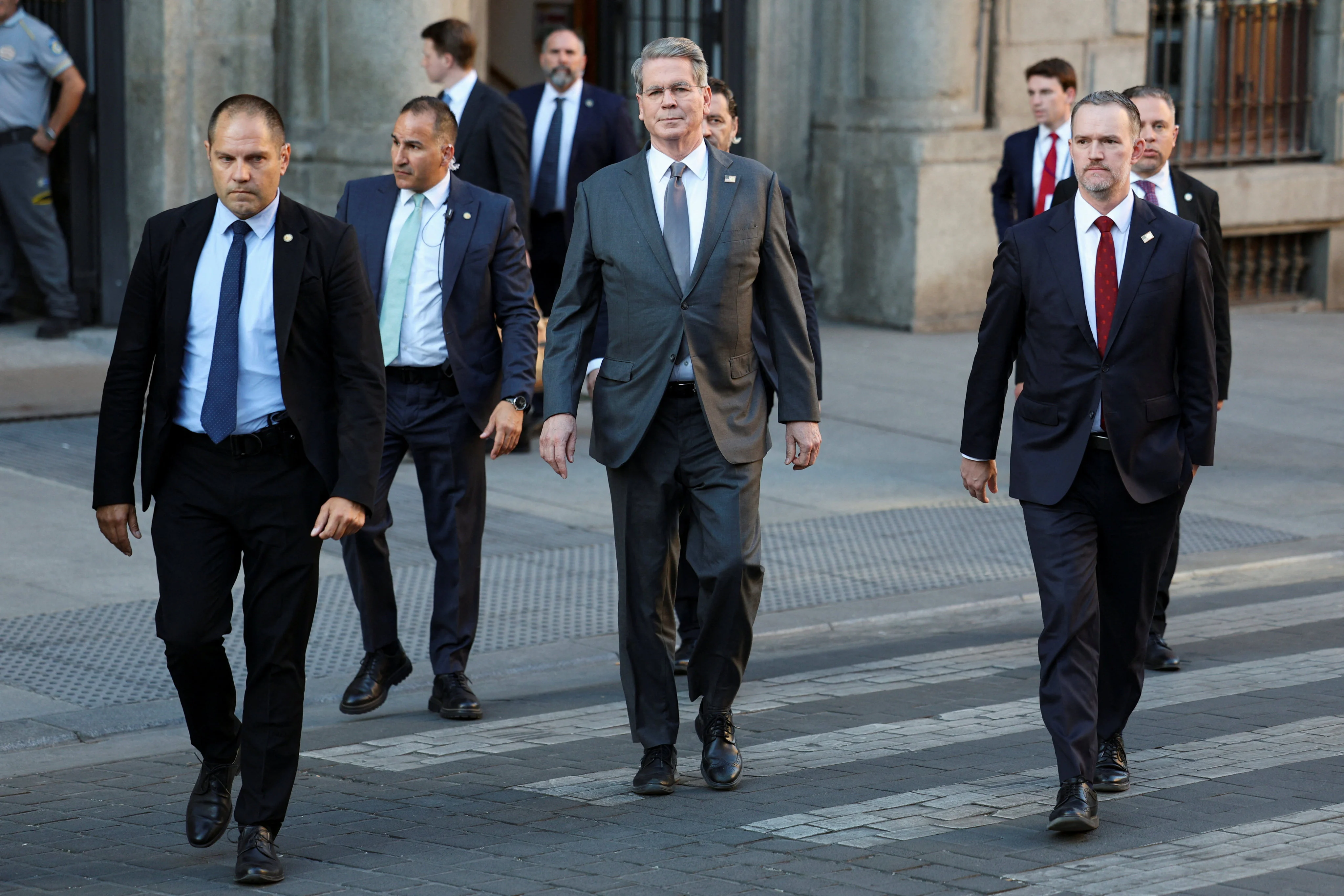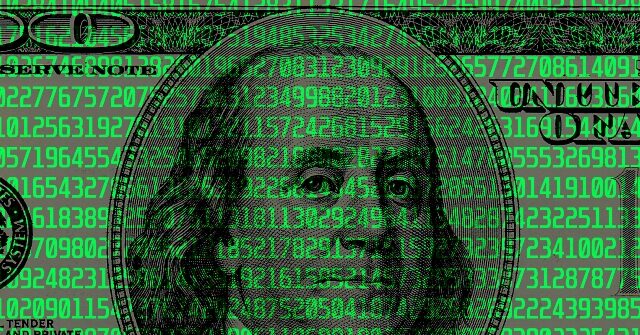By Ji Siqi,Khushboo Razdan,Xiaofei Xu
Copyright scmp

US President Donald Trump on Monday declared that the high-stakes trade negotiations between Beijing and Washington had wrapped up “VERY WELL” in Madrid, announcing that the talks produced a deal involving TikTok. He added that he is scheduled to speak with Chinese President Xi Jinping later this week.
The upbeat message from the US, however, was accompanied by fresh strains on another technology front, with US semiconductor giant Nvidia caught in the crosshairs of an antitrust investigation by Beijing.
In his signature style, Trump shared the update via a post on Truth Social: “The big Trade Meeting in Europe between The United States of America, and China, has gone VERY WELL! It will be concluding shortly. A deal was also reached on a ‘certain’ company that young people in our Country very much wanted to save. They will be very happy! I will be speaking to President Xi on Friday.”
Scott Bessent, US Treasury Secretary who led the American delegation, told reporters in Madrid that “we have a framework for a Tiktok deal”, referring to the wildly popular social media platform owned by China’s ByteDance.
“The two leaders – President Trump and party chair Xi – will speak on Friday to complete the deal,” he said. “But we do have a framework for a deal with Tiktok. We had very good discussions. We preferred to keep the discussions on Tiktok. We will be holding trade negotiations in about a month again at a different location.”
Bessent later added that the framework pointed to a “switch to US-controlled ownership”, but refused to “get ahead of the leaders call on Friday. We have a framework, they’ll have to confirm the deal”.
Chinese delegation led by Chinese Vice-Premier He Lifeng is expected to address media later in the day.
Facing a looming ban in the US over data privacy and national security fears, TikTok’s fate has been a flashpoint in US-China relations.
Last year, the US Congress approved a nationwide ban on TikTok unless its Chinese parent company, ByteDance, sold its controlling stake by January 19.
Despite a Supreme Court ruling upholding the ban, Trump extended the deadline three times by executive order, setting a new cut-off of September 17.
Though the US side described the discussions in Madrid, that began on September 14, as “respectful, wide-ranging and in-depth”, Bessent noted that the “poor timing” of Beijing accusing Nvidia of breaking the country’s anti-monopoly law.
“We discussed the poor timing of the Nvidia investigation the day of these talks,” he said.
China’s antitrust regulator said on Monday it would proceed with further investigation against the company.
The two-day negotiation marked the fourth time this year that the two countries’ delegations – led by Bessent and He – have met in Europe, as both sides strive to sort out mounting trade disagreements that have arisen since Trump amplified his tariff war in April, with tariffs on each other’s products at one point being raised to more than 100 per cent.
During the first round of trade talks in Geneva, Switzerland, in May, China and the US agreed to suspend most of the tariffs for 90 days. After the third round of meetings in Stockholm, Sweden, in late July, the two sides agreed to extend their truce for another 90 days.
The truce paved the way for the US to reduce some tariffs on Chinese imports, while Beijing agreed to reopen access to certain rare-earths for American companies.
Bessent on Monday said the current pause is set to expire November 10, and the US was “certainly open to considering further action there, if the talks continue in a positive direction. The United States is receiving rare earths much better than they were before”.
US Trade Representative Jamieson Greer noted that there were “serious issues” remaining on trade, economics and national security but the two sides were talking.
Currently, the US still imposes 30 per cent additional tariffs on China. The rate includes 20 per cent of duties that Trump announced in the first quarter of the year, which were related to China’s alleged role in the fentanyl trade, and a 10 per cent levy imposed in April.
Meanwhile, Chinese duties on overall US imports are set at 10 per cent, on top of an extra 10 to 15 per cent on selected American goods – including energy and agricultural products – imposed in retaliation for the fentanyl tariffs.
The Madrid meeting also came as a potential meeting between Trump and President Xi Jinping is tipped to take place before or on the sidelines of the Asia-Pacific Economic Cooperation summit in South Korea from October 30 to November 1.
More to follow…



